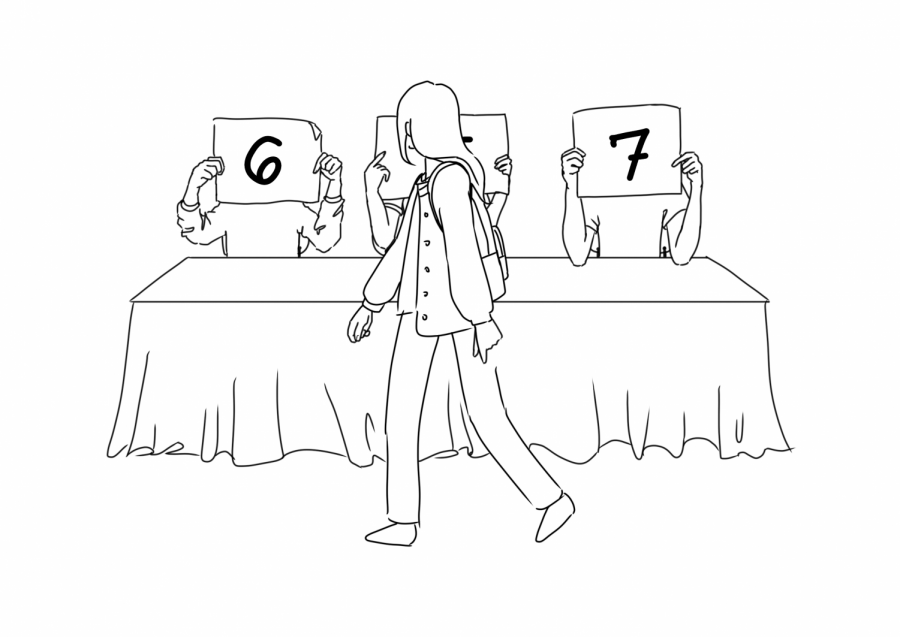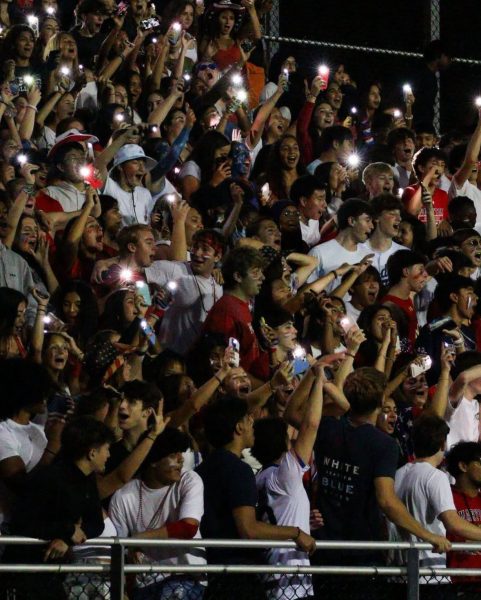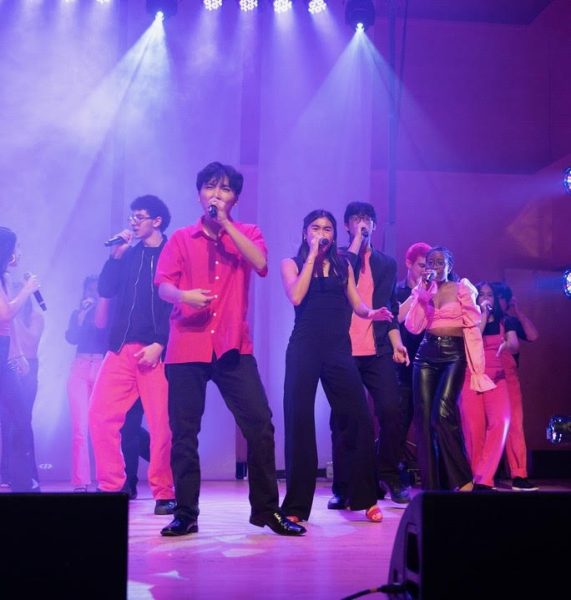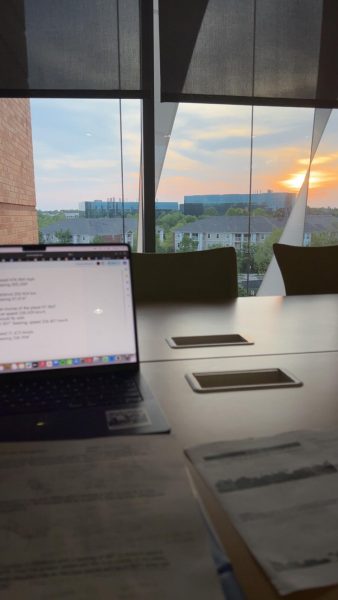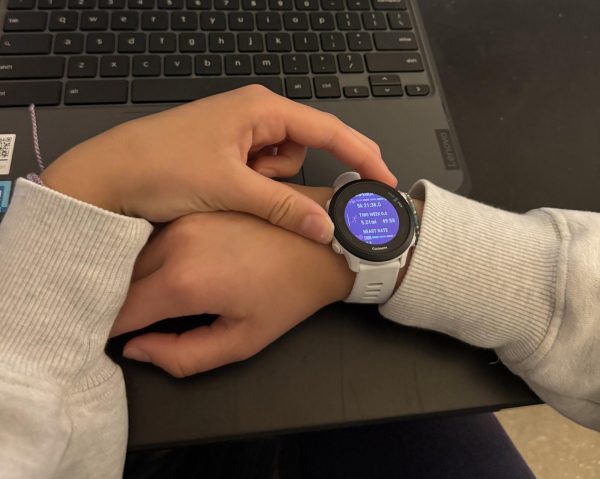Girls speak out against male students rating female classmates based on looks
Male students who subject girls to unwanted remarks on their physical appearances at school cause more harm than they may think.
It’s no secret that high school friend groups tend to self-segregate and like-minded students of the same gender will often end up in the same social circles. While that is not always a bad thing, it becomes a serious problem when students stop checking each other on their behavior and start targeting students outside of the group.
After a handful of girls started sharing their experiences earlier this month, stories began circulating among seniors about a group of boys who have allegedly been assigning numerical ratings to female students based on their looks.
An anonymous senior, one of the handful, who was close to some members of the group before finding out about the ratings, described to me the way she’s heard the boys talk about their female classmates in the past: “On multiple occasions I’ve seen them walking in the halls or at lunch. They’ll point at girls and give them a rating like: ‘Face: four. Body: eight.’ I’ve heard them go in-depth about a girl’s appearance just to explain how she’s un-f***-able. They only avoid talking about a girl’s looks when she’s someone one of them cares about because they know it’s wrong, but somehow that doesn’t apply to the girls they don’t know or care about. They’ve been doing it for years. My own friends who used to be in the group have told me it started when they were freshmen in 2019. It’s been an ongoing issue since then but hasn’t been brought up until now because more girls are speaking out about it.”
A second anonymous senior who was rated by members of the group said, “It made me feel insecure and judged hearing people from school comment on my looks. No girl should feel that way ever.”
“I think this is indicative of a larger issue at our school because many girls have been talking to me about their experiences being rated by male students at school,” anonymous senior number one said. “And if a girl’s feelings are hurt because of what they’ve said about her, they laugh about it. There’s one girl in the group who I know participates in the rating, which I can’t wrap my head around. She sl**-shames girls with them and makes fun of how they look. She told me one time about some awful things that were apparently being said about me and my body by a member of the group, and when I got upset about it, she made fun of me.”
This issue seems to have been disseminating in schools throughout Montgomery County for years. In 2019, The Washington Post ran an article about a group of boys at Bethesda Chevy-Chase who spread a list of names of female classmates, ranked and rated on the basis of their appearance.
The article garnered thousands of comments, the majority of which appear to have been misogynistic backlash toward the Post for running the article. Along with the hate, however, countless commenters shared their own stories and similar experiences, and some of them, more than you would hope, were sharing stories from MCPS.
One Washington Post caller from Montgomery County was quoted in a follow-up article talking about her fifth grade daughter’s experience with male classmates talking inappropriately about girls’ bodies and using code words for body parts. She says teachers dismissed the claims when the girls brought it up to them.
Another response, in a featured comment from commenter Leas on the original article, recalled a similar incident from Walt Whitman in the ‘70s. “They sat there in a row, several football players and their friends—all popular, privileged kids. A crowd had formed to watch. As girls walked by, each guy held up a paper with a number on it… No one spoke up. No adults intervened. Just because boys have been doing this for a long time doesn’t make it harmless.”
This is an issue that has persisted for far too long without being addressed at this school. Misogyny in male circles has a way of perpetuating itself, and it will not stop until the boys and men involved confront their biases and stop allowing each other to behave in ways that target girls and women. If that continues not to happen, this kind of behavior will only be fueled to evolve into something more dangerous. As Leas said in their response to the Post’s article, “Objectification, harassment, sexual comments and sexual assault are points on the same continuum.”
Your donation will support the student journalists of Thomas S. Wootton High School. Your contribution will allow us to purchase equipment and cover our annual website hosting costs.
Senior Isaac Muffett is the opinions editor in his fourth year on the Common Sense staff. When he's not writing or researching, he spends his free time...


